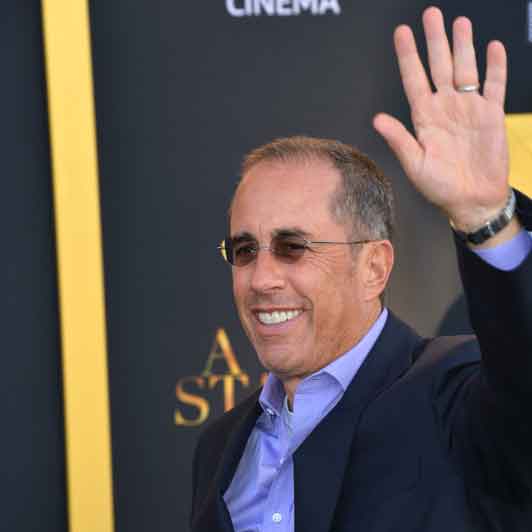Comedian Jerry Seinfeld recently retracted his previous statements about political correctness in comedy during an interview on “Breaking Bread with Tom Papa.”
Back in April 2024, Seinfeld had suggested that comedy was being spoiled by the “extreme left,” an assertion he has now reversed, stating that he no longer endorses this viewpoint.
During the conversation, Seinfeld admitted, “I did an interview with The New Yorker, and I said that the extreme left has suppressed the art of comedy. I did say that. That’s not true. It’s not true.”
In his previous interview with The New Yorker, Seinfeld had voiced concerns about how political correctness, especially that propagated by the “extreme left,” was impacting comedy. He felt that such sociocultural shifts made it challenging for comedy artists to push boundaries and take risks.
Seinfeld had also criticized the current practice of subjecting jokes to multiple reviews, which he believed was hampering creativity and diminishing the effectiveness of comedy. He argued that this atmosphere discouraged comedians from exploring more provocative content due to the fear of causing offense.
Despite his earlier apprehensions about the evolving cultural scene, Seinfeld now feels that performers can adjust and maintain their rapport with audiences. “The game is, where is the gate?” he said. “How do I make the gate and get down the hill the way I want to?”
He also debunked a common misconception that he shied away from college performances due to concerns about political correctness. “First of all, I never said it, but if you think I said it, it’s not true. I play colleges all the time,” Seinfeld clarified. He said he recently performed at universities in Indiana and Kentucky without any problems.
Seinfeld acknowledged that comedy, like cultural sensibilities, evolves over time. While certain topics may now be off-limits, he believes this only challenges comedians to find innovative ways to engage their audiences. He insisted that comedians must adapt to stay relevant amidst changing societal norms while also emphasizing that comedy still relies on authentic expression and perceptive observation.

